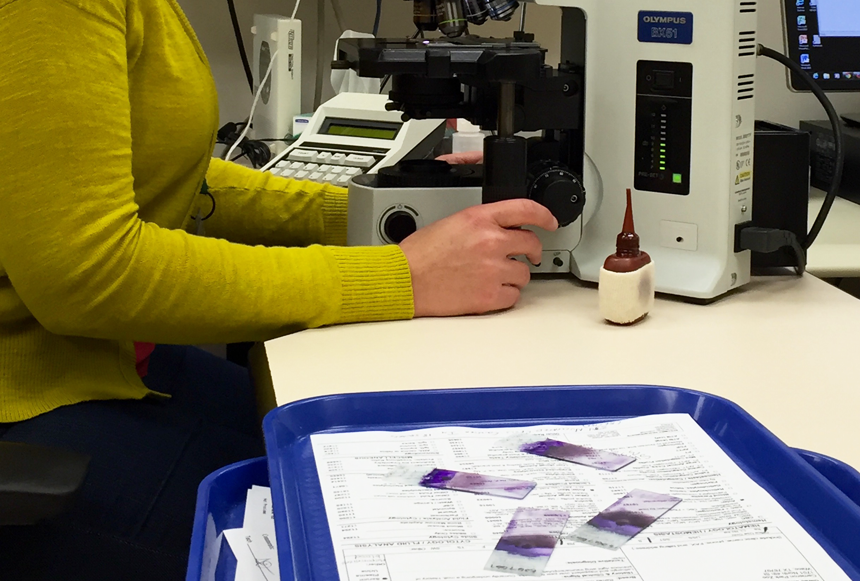How Veterinary Labs Keep Dogs and Cats Healthy
How Veterinary Labs Keep Dogs and Cats Healthy
Blog Article
Taking care of your pets’ health, lab tests for pets is essential. Advanced veterinary facilities detect hidden conditions for companion animals.
In this article, we’ll learn about the role of lab diagnostics and show how they benefit your pet’s health.
What Are Veterinary Laboratories?
Labs focused on animal health analyze health indicators to provide valuable data. These labs employ expert technicians to deliver reliable diagnostics.

Core responsibilities of veterinary labs include:
- Spotting health issues early: This helps vets act quickly.
- Keeping an eye on recurring problems: Keeps you informed about your pet’s progress.
- Validating health improvements: Ensures therapies are working.
Common Veterinary Tests for Dogs and Cats
Pet testing services specialize in diverse diagnostics to identify potential problems. Popular exams include:
- Complete blood counts (CBC): Monitor immune health.
- Bladder health evaluations: Spot bladder issues.
- Fecal tests: Evaluate digestive health.
- Dermatological evaluations: Diagnose environmental or food allergies.
- Structural health evaluations: Identify hidden abnormalities.
The Benefits of Regular Veterinary Testing
Regular veterinary testing ensures proactive care. Through timely detection of health issues, your pet can recover more quickly.

The value of regular diagnostics include:
- Maximized years with your pet: Keeping them thriving helps pets enjoy a better life.
- Avoiding expensive emergencies: Minimizing long-term expenses saves time and money.
- Strengthened bond with your pet: Take action when needed.
laboratório veterinário ribeirão preto
laboratorio de analises clinicas veterinaria
Conclusion: The Value of Veterinary Labs for Pet Health
Animal health testing facilities play a critical role in maintaining their quality of life. With routine checkups, you help them live longer and healthier lives.
Don’t wait—take action now to keep your pets thriving!
Report this page